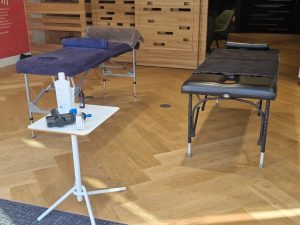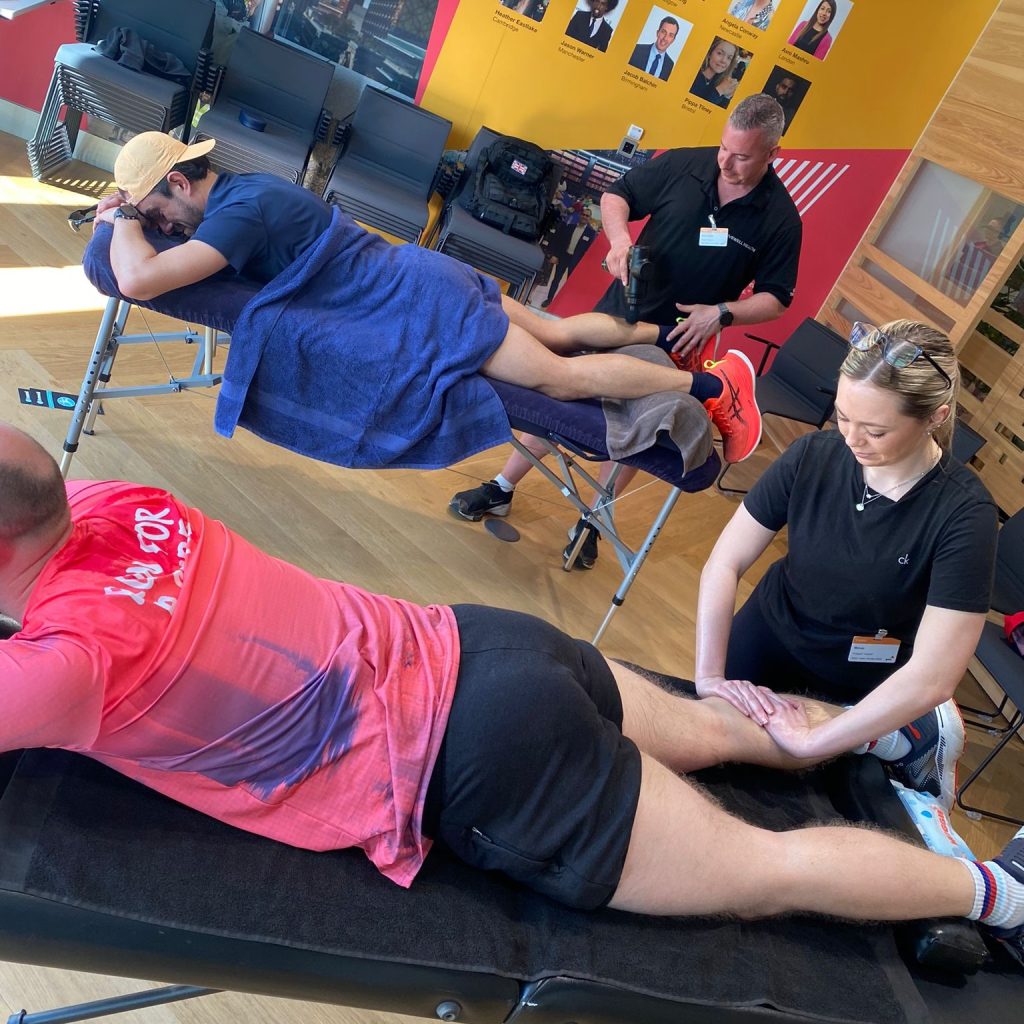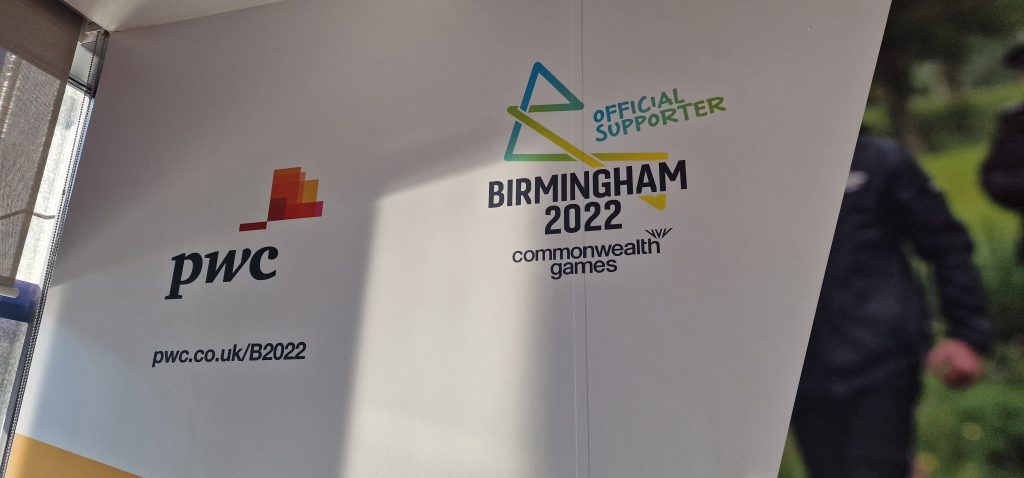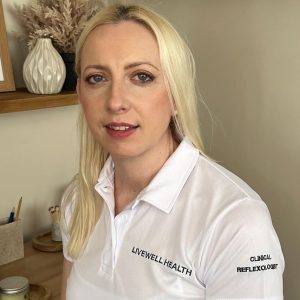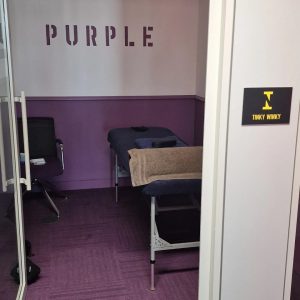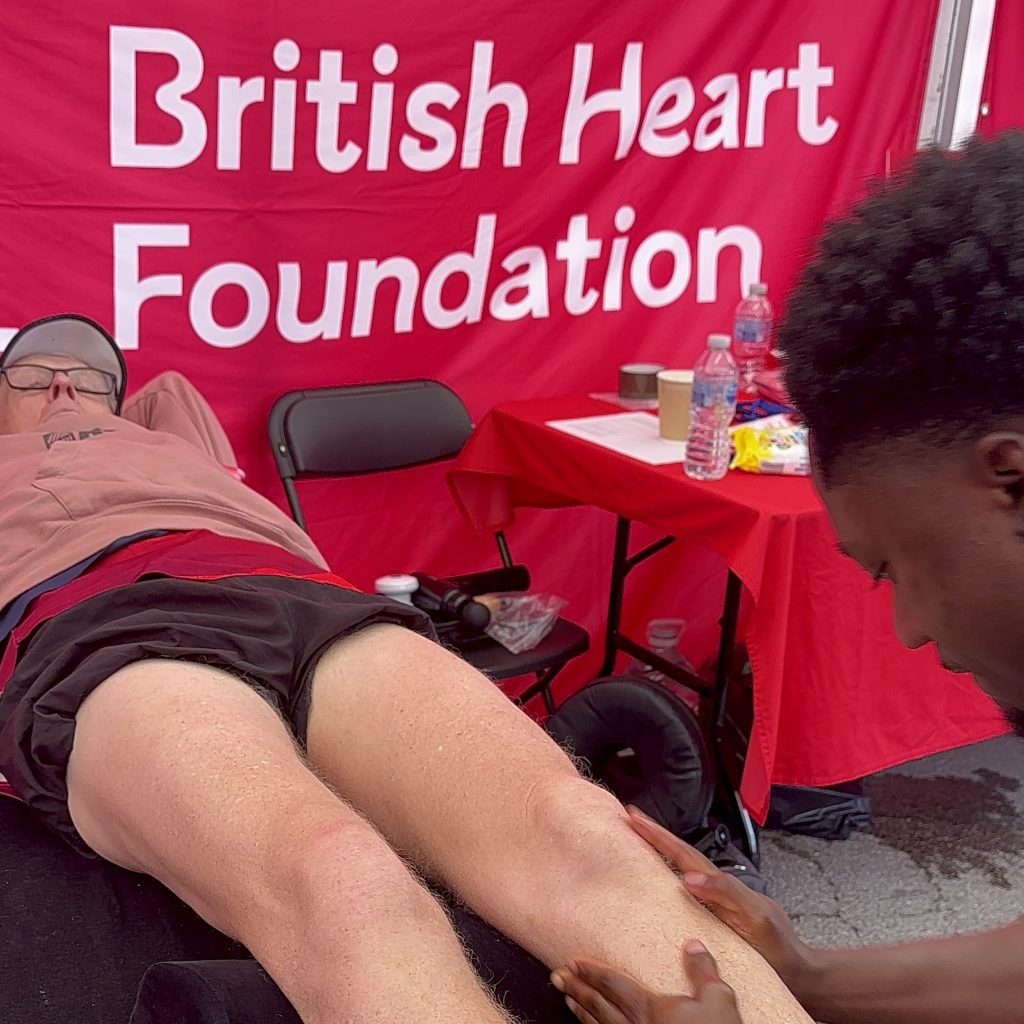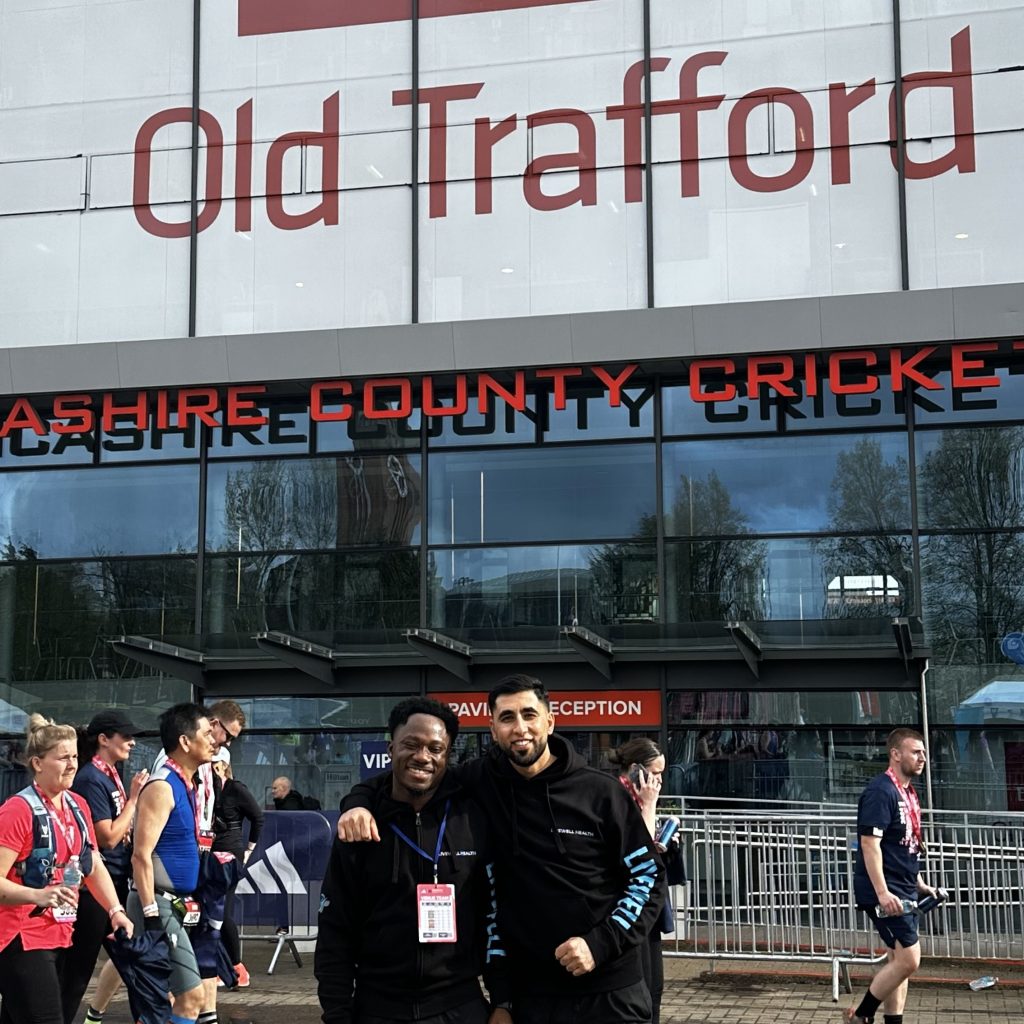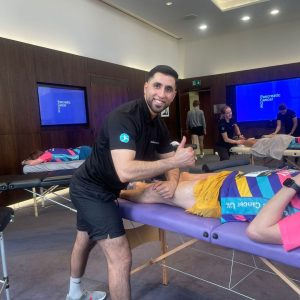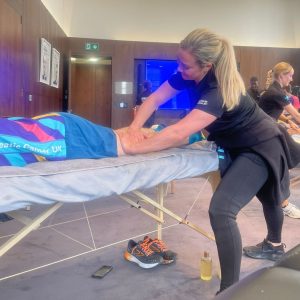What is Oncology Massage?
Oncology massage is a specialised form of massage therapy tailored to meet the unique needs and considerations of individuals undergoing cancer treatment or in cancer recovery. It involves gentle, therapeutic touch techniques administered by trained massage therapists who possess knowledge of cancer pathology, treatment protocols, and side effects.
Oncology massage is distinct from traditional massage therapy in that it takes into account the specific medical and physical conditions associated with cancer. Unlike conventional massages, which may focus on deep tissue manipulation or vigorous techniques, oncology massage prioritises comfort, safety, and symptom management.
During an oncology massage session, the therapist employs gentle, nurturing touch to provide relaxation, alleviate pain, reduce anxiety, and improve overall well-being. The massage techniques used are adapted to accommodate the individual’s unique circumstances, including the type of cancer, stage of treatment, and any existing medical devices or surgical sites.
Benefits:
- Pain Relief: Cancer and its treatments can cause pain and discomfort, including muscle tension, neuropathy, and surgical scars. Oncology massage helps alleviate pain by promoting relaxation, increasing circulation, and releasing tension in affected muscles and tissues.
- Stress Reduction: A cancer diagnosis and treatment regimen can be emotionally and mentally taxing. Oncology massage provides a soothing and supportive environment where individuals can relax, unwind, and temporarily escape the stressors of their illness.
- Improved Quality of Life: By addressing physical discomfort and emotional distress, oncology massage contributes to an overall improvement in quality of life for cancer patients and survivors. It enhances feelings of comfort, promotes better sleep, and fosters a sense of empowerment and resilience.
- Enhanced Circulation: Cancer treatments such as chemotherapy and radiation therapy can affect blood flow and lymphatic drainage. Oncology massage helps improve circulation, which in turn facilitates the delivery of oxygen and nutrients to tissues, boosts immune function, and promotes the removal of toxins and metabolic waste products from the body.
- Emotional Support: Living with cancer can evoke a range of emotions, including fear, sadness, and anxiety. Oncology massage provides a safe space for individuals to express their feelings and receive compassionate support from trained therapists who understand the psychological impact of cancer.
- Reduced Side Effects: Certain massage techniques, such as lymphatic drainage massage, can help mitigate common side effects of cancer treatment, including swelling (lymphedema), fatigue, nausea, and peripheral neuropathy.
In summary, this type of massage offers a gentle, holistic approach to cancer care that addresses the physical, emotional, and psychological needs of individuals affected by cancer. By providing comfort, relief, and support, this specialise therapy plays an essential role in enhancing the overall well-being and quality of life of cancer patients and survivors.
If you feel like you could benefit from one of our massage therapists and oncology specialists coming to visit you, then please contact us today to make a booking.


